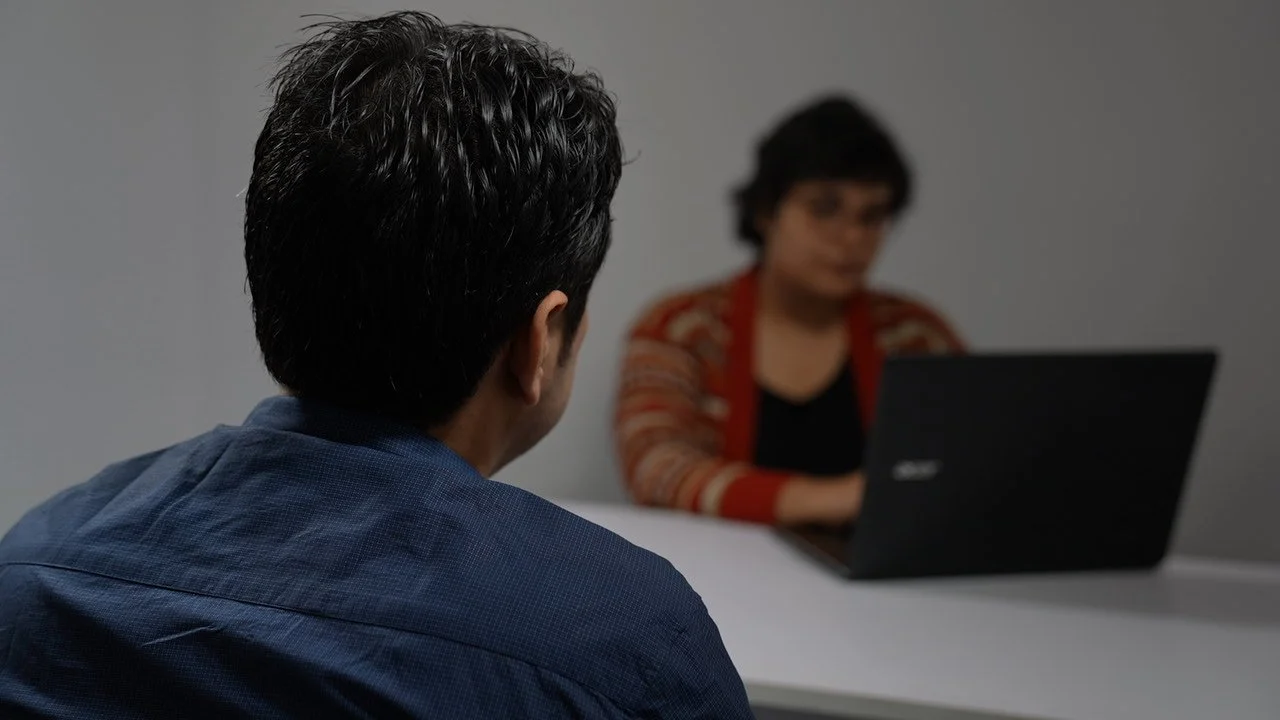Shubhika Saluja | 1st January 2023
The RSD Process and MAP
Refugee Status Determination (RSD) is the process followed by governments or the UNHCR (UN Refugee agency) to decide whether an individual seeking international protection meets the criteria specified in the UN Convention for Refugees to be recognised as a refugee. This process essentially involves the application of the definition of ‘refugee’ to the personal circumstances of an individual, deciding if the individual would be considered a refugee under the said framework or if he/she fits the definition.
Who conducts the RSD?
Although the responsibility to conduct RSD falls mainly on the state but in states which have not yet signed the 1951 Refugee Convention, UNHCR might step in and conduct the RSD procedure. In India, UNHCR conducts the RSD for nationals of all countries other than neighbouring countries with the exception of Myanmar.
Why should one go through RSD?
The process aims to identify and provide protection to individuals who face threat of persecution on the grounds of race, religion, nationality, membership of a particular social group or political opinion, or those who can no longer return to their country of origin owing to such fear.
It also puts in motion the regime for obligations and responsibilities of UNHCR or the national government towards the asylum-seeker, if recognized as a refugee. This means the start of the process brings the asylum-seeker under the umbrella of services provided by UNHCR or the government or their partner agencies and allows them access to help which they might need.
A detailed note on the process can be found here.
What are the challenges one might face during the RSD process?
During the interview process, particularly at the First Instance stage, most asylum seekers are new to the process and may face practical difficulties in understanding the questions posed or working with an interpreter. Some particularly vulnerable sections, like women, persons with disabilities, or LGBTQIA+ persons may even feel reluctant to explain the extent of persecution suffered by them due to fear of judgment, stigma or shame.
Although the process is meant to ensure the provision of an interviewing officer and interpreter who are neutral and non-judgmental, and is required to be clearly understood by the asylum-seeker it may be difficult for them to open up. It is also important to remember that the process is intimidating as one is required to reveal details about their lives to unknown persons over the course of hours. The fear that the information may be revealed to third parties is also prevalent and is required to be addressed properly.
The concern of confidentiality may at times remain unaddressed, translating into hesitancy in effective communication of the individual’s situation. Another challenge noted in a few cases is that the decision at the first instance stage may not reach the asylum-seeker on time, due to varying factors such as loopholes in the system. A lack of awareness on next steps often adds to the problem.
Provision of Legal Assistance
MAP is the first and only organisation in South Asia to have a Letter of Understanding with the UNHCR to represent asylum claims before the agency which pioneered the concept of legal representation in the asylum process. It serves as the first point of contact for UNHCR-mandate refugees in India and provides them comprehensive representation in UNHCR’s Refugee Status Determination (RSD) process. Through the years, M.A.P has successfully advocated for crucial improvements in this process, infusing transparency & accountability and sensitising the system to asylum seekers.
It is pertinent to mention that having a legal representative during this process is a matter of choice and not having one does not harm any individual’s case. However, in cases where asylum-seekers do not have the means or the understanding of the process, MAP may brief individuals in respect to the process or offer to represent asylum-seekers by submitting documentation on their behalf.
Hear more about how we help our clients here: https://youtu.be/g8x469XMq4E


